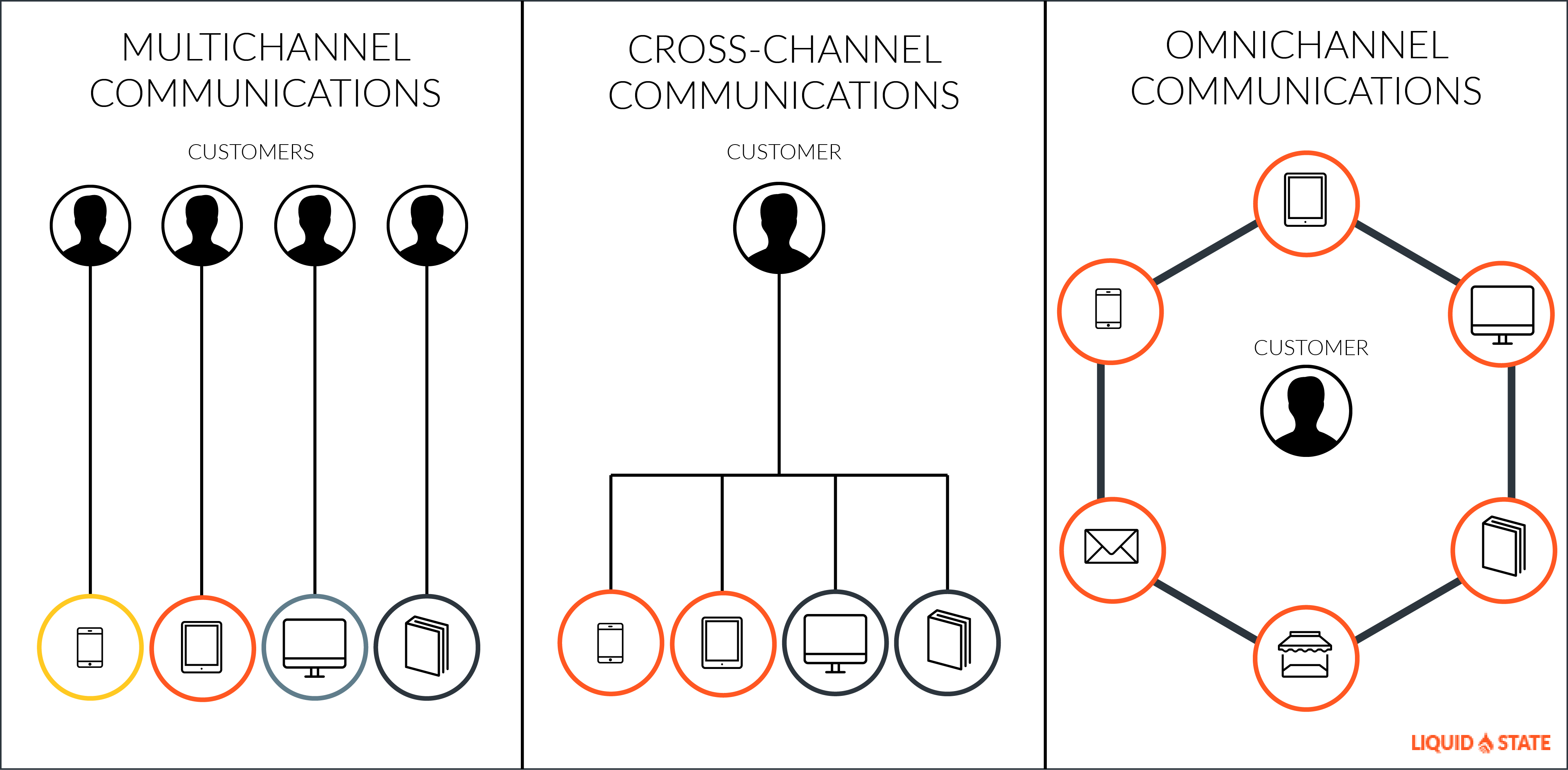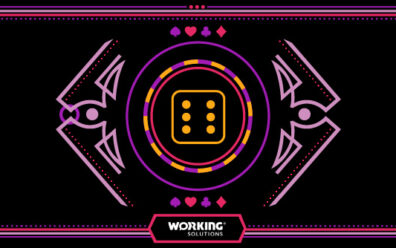Contact Center Operations Contact Center Scalability Cost Savings of Outsourcing Customer Experience Customer Service Customer Service Strategy Inbound Contact Center Industry Insights On Demand Contact Center6.5-minute read
The Different Types of Call Centers: Which One Is Right for Your Business?
From inbound phone calls to web-based chatting, from email marketing to social media interaction, and many, many points in between, customer interaction takes place over a huge variety of channels today. And so, it makes sense that quite a few different types of call centers have evolved in recent years to help businesses deliver the best possible customer experience (CX) over each of those channels.

Whether you’re running a humble startup that’s working to become an industry leader, or you’re ushering a long-time business toward a new customer-centric strategy—which has become a necessity in today’s hyper-competitive marketplace you’ve likely considered the long-term advantages of effectively engaging your customers and clients on as many of these new channels as possible.
But, just as there are many different types of businesses, so too are there a number of different types of call centers— rom modest, phone-based inbound call centers to modern, tech-centric omnichannel contact centers. So, if you’ve decided that your business needs a call center to ensure future growth and most businesses do —it’s time to consider just what type is best suited to meet your needs.
Which Type of Customer Service Center Does Your Business Need?
While it’s true that each has different levels of size and sophistication—and there’s some crossover to be found between them—when boiled down to the basics, there are four different types of call centers most commonly used in business today. Read on for a quick overview of each, and to get an idea of which one is best equipped to help your business meet its unique communications goals.
The Different Types of Call Centers / #1: The Inbound Call Center
The most basic type of call center is also the most traditional, set up to answer incoming phone calls and little else. This is the inbound call center, the objective of which is to respond to customer inquiries regarding such universal topics as service questions, inbound sales and order fulfillment, technical troubleshooting and general help desk queries.

The objective of inbound call center is to respond customer inquiries about topics like sales technical troubleshooting.
Source: www.shutterstuck.com.
But basic though it may be, today’s inbound call center is hardly a thing of the past. Though it’s often phone-based, this type of call center isn’t necessarily tied to landline technology. Many use interactive voice response (IVR) systems or Voice over Internet Protocol (VoIP) to deliver crystal-clear customer communications.
And, since inbound call centers are often set up to offer technical support, they’re also frequently tied into a company’s larger technical network—even though they’re not always set up to have direct access to all of that functionality.

So if your business is just getting by with a basic methodology for fielding incoming calls, and doesn’t yet have a formal, forward-looking strategy in place, you should strongly partnering with an on-demand contact center service, which lets you outsource the management of these crucial communications at a fraction of the cost of hiring additional staff—and at a much higher standard of professionalism, too.
The Different Types of Call Centers / #2: The Outbound Call Center
Just as the inbound call center is concerned with fielding incoming calls and inquiries, the outbound call center provides outgoing sales and marketing efforts to facilitate a company’s growth strategy. This can include telemarketing, sales cold calls, customer follow-ups and surveys, upselling efforts, appointment setting, lead generation, billing and collection reminders, general market research and more.

Outbound call center can include telemarketing, sales, customer follow-ups, general market research and more.
Source: www.shutterstuck.com.
Like its inbound counterpart, the basic outbound call center is primarily a phone-based platform. And, although some of its services can be better facilitated with additional communications tools—email marketing for customer surveys, for example, or social/app messaging for sales pitches—putting these methods into place is often the domain of the multichannel contact center (read on for details).

A quality call center partner will work with you to determine the best possible message to maximize growth and expand your industry footprint, delivering the best possible solution that fits your needs and budget. And, when you consider the importance of outbound services in expanding your customer base and revenue, there’s little doubt of the financial advantages of using a proven customer service provider.
The Different Types of Call Centers / #3: The Multichannel Contact Center
So far, discussed call centers based on the services they provide rather than their technological footprints. But with the multichannel call center—or, contact center, as it’s more properly called—we come to a type of call center that’s distinguished more by its variety of capabilities rather than a specialty in either inbound or outbound services.

A multichannel contact center is designed for both sales and marketing using communication channels like websites, mobile apps, online chat including others.
Source: www.shutterstock.com.
That’s because a multichannel contact center is not only designed to deliver top-tier services for inbound queries, outbound sales and marketing efforts, but to do so across the spectrum of modern communications channels, including websites, mobile apps, online chat, social media, email and many others.
Yes, the multichannel contact center still uses phones—but often, that’s just one element within a larger suite of communications tools. In short, this type of call center offers the benefits of both an inbound and outbound call center, along with the tech footprint to reach customers wherever they congregate.

But don’t just take our word for it. According to the American Express 2017 Customer Service Barometer, the future belongs to businesses that “deliver quick, convenient and personalized service in the customer’s channel of choice.” And there’s no more efficient—or cost-effective—way to do that then by using the services of an on-demand, multichannel contact center.
The Different Types of Call Centers / #4: The Omnichannel Contact Center
The omnichannel contact center takes the concept of its multichannel counterpart—such as offering professional, quality customer care across the breadth of modern customer communications channels—and advances it to the next level, combining all of a company’s multichannel communications efforts into one unified strategy.
As customer standards become higher, a real demand for personalized service is becoming clearer, making the omnichannel approach a necessity. As important as the multichannel approach is today, even this milestone in customer care is becoming outdated in favor of an omnichannel strategy that gives customers a truly customized experience across every possible communications channel.

Source: https://liquid-state.com/multichannel-vs-omnichannel-communications/.
“70% of customers say that “connected processes,” like “seamless handoffs or contextualized engagement based on earlier interactions,” are “very important to winning their business.”” Share on X

When you consider that engaging the services of a top-tier contact center service provider can deliver a fully omnichannel experience at a price point that easily fits into most operational budgets—and also the potential it delivers for customer satisfaction and future growth—the real question may be whether you can afford not to seize the opportunity to offer your customers the best possible CX.
Not Sure What Type of Customer Service Center You Need? We Can Help.
Still not sure what type of call center best fits your operational needs or budget? We can help you decide. With more than 20 years of experience helping businesses of all shapes and sizes achieve their best possible customer experiences, Working Solutions is your partner for determining the type of customer service center that works best for you.

We’re standing by to answer any questions you may have: Contact us here to schedule your complimentary consultation with a Working Solutions expert
Let's connect.
This Might Interest You...
This website uses cookies to personalize and improve your experience. Continue browsing our site if you agree to our Cookie Policy or feel free to Manage Cookies yourself.


